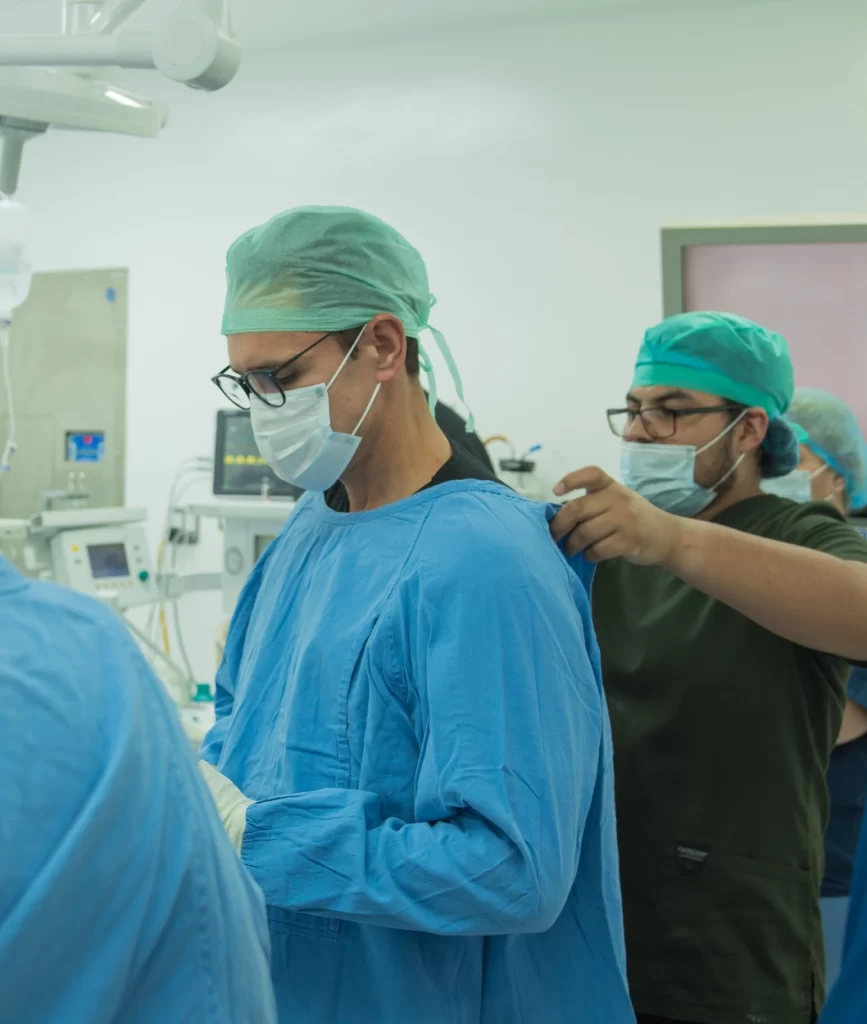
GASTRIC
SLEEVE
Gastric sleeve surgery, formally known as sleeve gastrectomy, is rising in popularity as a weight loss surgery solution. This procedure, which reduces the size of the stomach, ultimately limits food intake.
During gastric sleeve surgery, a surgeon eliminates a large part of the stomach, resulting in a tube-shaped organ about the size of a banana. Typically, this is done laparoscopically, indicating small incisions are made in the abdomen where a camera and surgical instruments are introduced to execute the procedure.
HEALTH BENEFITS
Substantial Weight Loss
Reduced High Pressure
Reduced Sleep Apnea
Less Desire of Unhealthy Foods
Is Gastric Sleeve Surgery Right for You?
Gastric sleeve surgery is generally suggested for individuals with a body mass index (BMI) of 40 or more, or a BMI of 35 or more with obesity-related health conditions. It’s essential to consult a healthcare provider to determine if gastric sleeve surgery is the optimal weight loss solution for you.


Post-Surgery Care
Post-operative care is crucial for success and prevention of complications after gastric sleeve surgery. Initially, a liquid diet is followed in the weeks succeeding the surgery, before a gradual reintroduction of solid foods. Patients are also advised to take vitamin and mineral supplements to prevent nutritional deficiencies. WebMD offers a comprehensive guide on what to expect after weight loss surgery.
Potential Risks
Like any surgical procedure, gastric sleeve surgery comes with its own set of risks, such as infection, bleeding, and blood clots. Some patients may face complications like leaks from the restructured stomach, gastroesophageal reflux disease (GERD), or nutritional deficiencies. However, when instructions are strictly adhered to, the risks associated with these complications are significantly reduced.
Engage in a Life-Changing Experience

